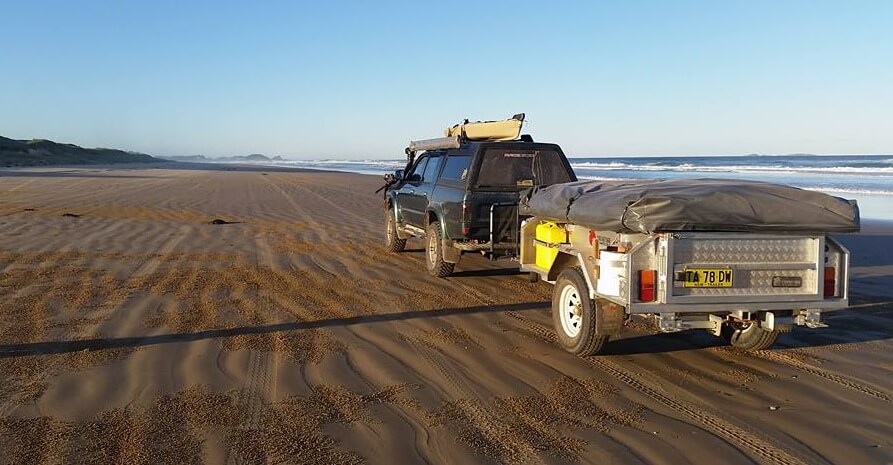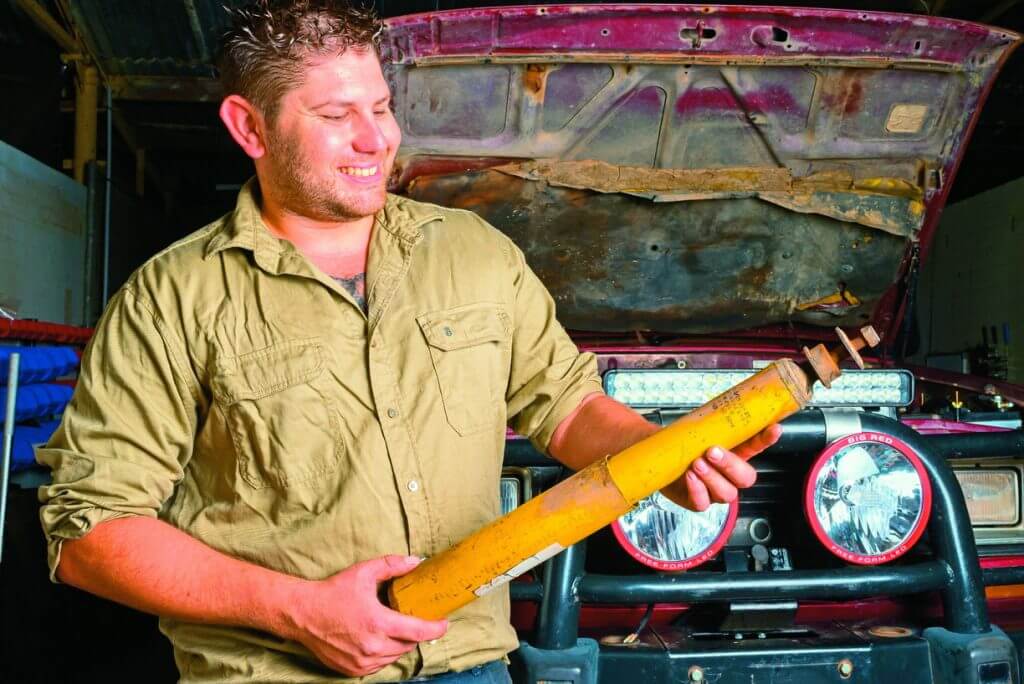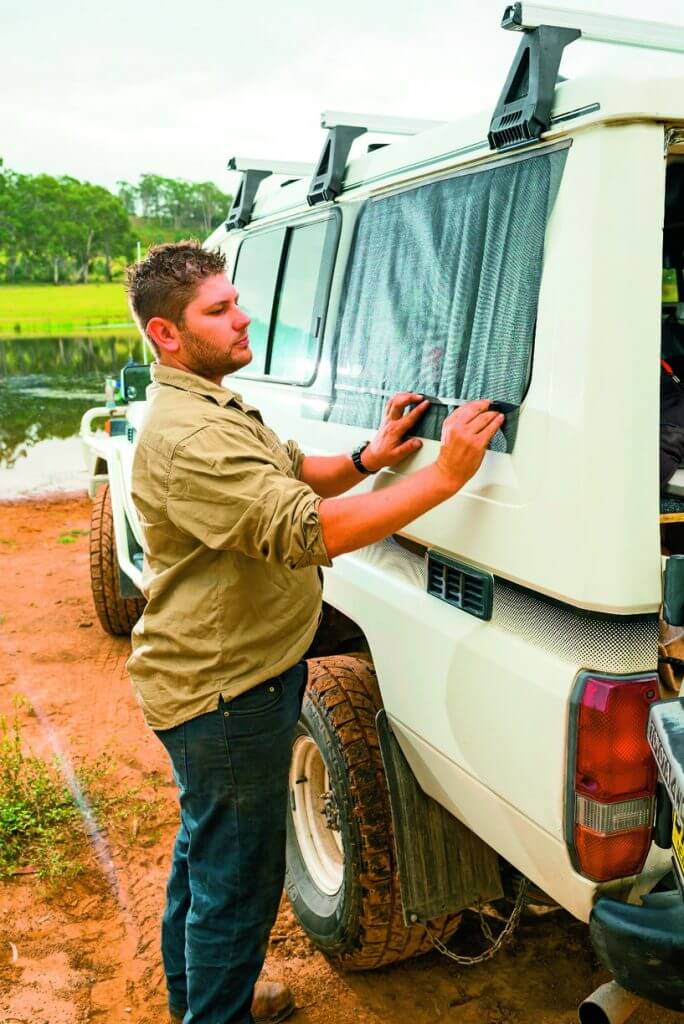

Let’s face it, tackling an epic adventure to the tip of Cape York is just something every red-blooded 4WDer has got to do at least once in their lifetime, right? It’s no walk in the park, but if it was, what would be the point? Now there is plenty of crazy advice out there to steer the unsuspecting adventurer in the wrong direction, so we thought we’d set the record straight and let you in on the essential 4WD mods you’ll need to keep you on course. Here goes!
It’s easy to get carried away with upgrading your rig for such an iconic trip, especially if you’re spending weeks offroad, but there are definitely some things you simply cannot exclude. Yep, you guessed it, we’ve pulled together a list of 9 essential towing rig mods to help you tame cape york that you must-have for a safe and enjoyable trip, as well as those little extras that will drive your budget further.
River crossings go hand-in-hand with Cape York touring but without a quality well-sealed snorkel, water seepage will stop you in your tracks. The worst case scenario is your engine ends up with a hydraulic lock, which is basically when water fills your engine’s internal combustion chamber, causing internal engine components to bend or even break. Yep, this is one modification you cannot scrimp on!

There is a world of difference between heavy-duty offroad-ready dampers and those fitted on the factory floor. Dampers stop your tow-tug and trailer suspension from fluctuating and if they lose resistance (fade) under extreme conditions that energy will feed right to your camper trailer and 4WD, fatiguing your components and causing problems down the line. Put simply, highway-terrain dampers typically aren’t up to the job.
The terrain radically changes on the way to the Cape, so to cope with frequent adjustments in air pressures, make sure your tyres are at least rated as all-terrain, and have strong, sturdy sidewalls.
The typical Deep Cycle battery can weigh up to 40kg; combine that with harsh continuous corrugations and it’s no wonder your average battery tray is one of the most common engine bay components to fail on these sorts of trips.
The benefits of a good departure angle on your camper and 4WD are well documented but they’re not always realised on a factory-standard 4WD due to the towbar height. Fitting a towbar design with adjustable height is a common fix; just ensure it doesn’t interfere with the back door.

Now here’s a welcome DIY fix that will make a difference when you’re travelling up north: custom-made midge-proof screens, which are basically a super fine net to stop the smallest of insects from getting through. First, measure your 4WD’s windows and cut the midge-proof net, ensuring you leave sufficient room for the magnetic seal. Then, attach the magnetic strip around the perimeter with equal lengths of adhesive tape starting at the top taking care to avoid leaving gaps.
Your 4WD’s engine works mighty hard out on the tracks, throw in a typically warmer northern climate and it’s easy to see why your coolant should be kept up to date.
It’s a tough slug for any 4WD to conquer the Cape, especially with a camper in tow. To ensure your rig is in tip-top shape, make sure it undergoes a full check over from a professional who specialises in servicing offroad 4WDs. Trust us, not all mechanics understand what we demand of our 4WDs on the tracks.
One of the most common misconceptions about touring the Cape is you absolutely must have long-range fuel tanks fitted. In truth, the distances between fuel stops are actually quite small if you’re following the main route to the tip, and unless you use astronomic amounts per kilometre, it simply isn’t a necessity. Sure, it could come in handy if you like to get really remote, but remember: extra fuel means extra weight, which often leads to breakages.